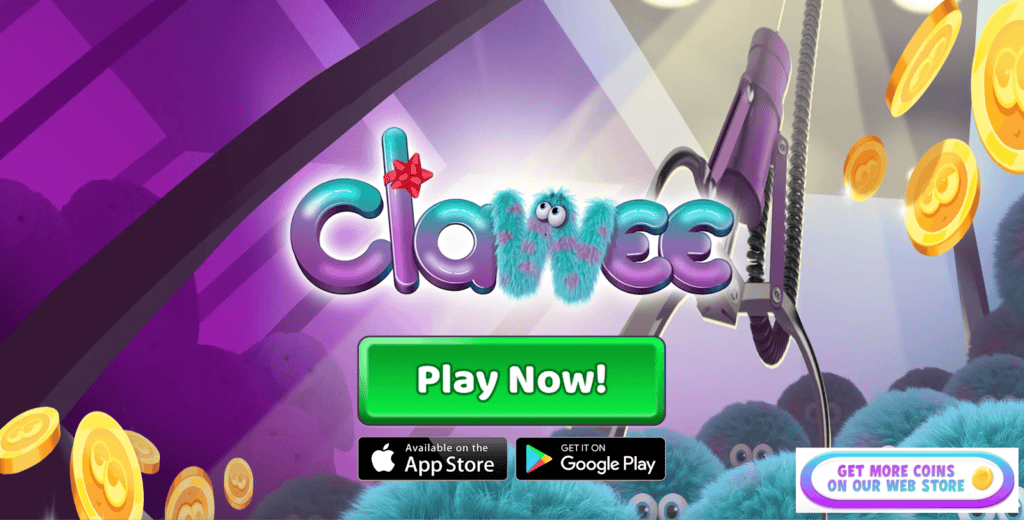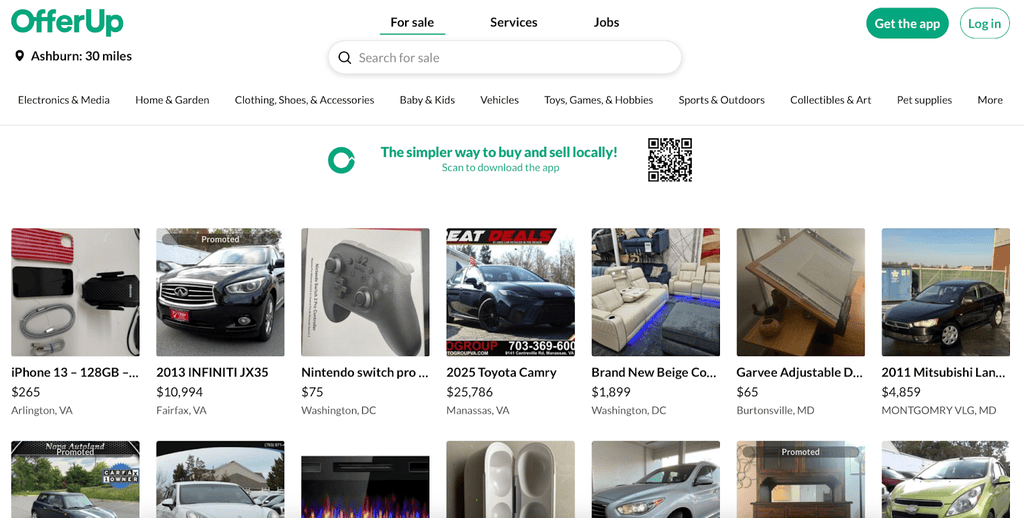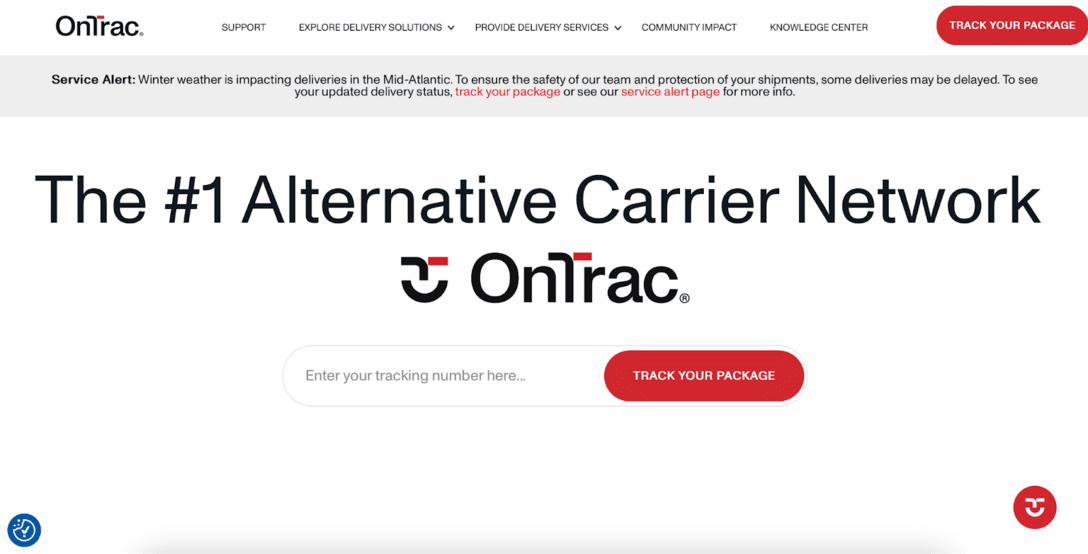Is Norton a Scam?
Laura Martisiute
Reading time: 7 minutes

Table of Contents
If you’re thinking of using Norton, you need to know: Is Norton a scam?
Below, we explain whether Norton is a scam and discuss some steps you can take to improve your safety when using this company’s products.
What Is Norton?
Norton, also known as NortonLifeLock, is a cybersecurity company.
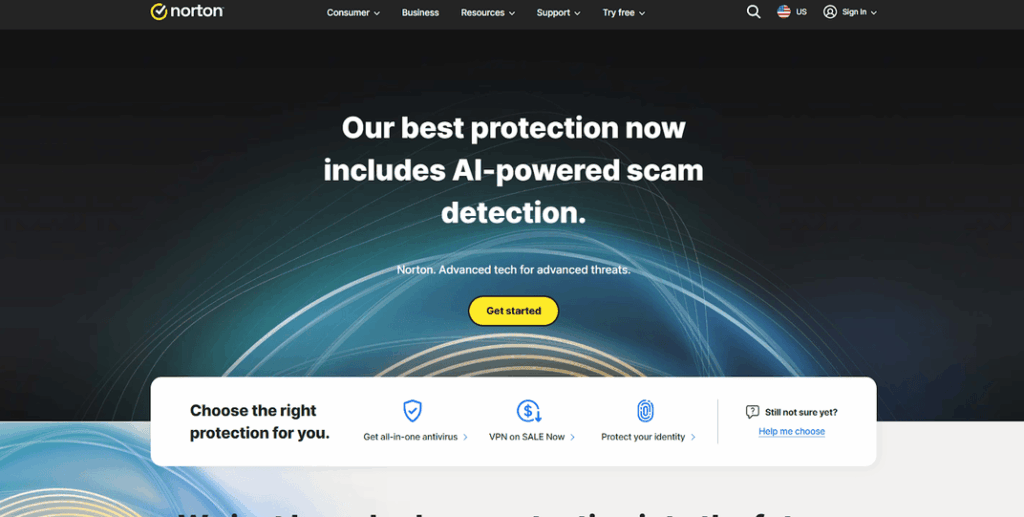
It’s best known for its Norton Antivirus software, though it also provides other cybersecurity services, including anti-tracking software and a virtual private network (VPN).
There are various membership plans available.
The most basic Norton Antivirus plan covers one device and includes antivirus, malware, ransomware, and hacking protection, as well as Virus Protection Promise (a virus removal service), 2 GB cloud backup, a password manager, and an AI-powered scam detector.
In addition to consumer products, Norton also offers business cybersecurity plans.
Is Norton a Scam?
No, Norton is not a scam. It’s a legitimate and long-established cybersecurity company.
Reviews of Norton products from third-party publications and review sites are positive.
For example:
- PCMag gives Norton Antivirus Plus a 4.5 out of 5.0 stars (“Outstanding”) rating.
- PCWorld rates Norton 360 Deluxe as 4.0 out of 5.0 stars.
- Tom’s Guide thinks Norton 360 Antivirus deserves 4.5 out of 5.0 stars.
- CNET rates Norton Antivirus as 8.6 out of 10.0 stars.
- TechRadar considers Norton 360 Select one of the best antivirus software options in 2025.
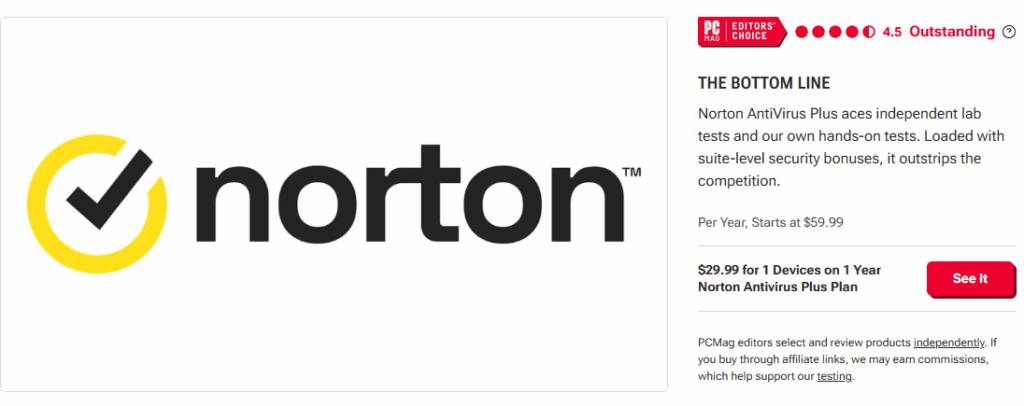
Independent antivirus testing websites, such as AV-TEST and AV-Comparatives, consistently rate Norton as one of the top antivirus products available.
User reviews are more mixed:
- 4.6 out of 5.0 stars (from 43,024 reviews) on Trustpilot.
- 1.2 out of 5.0 stars (from 1,089 reviews) on Consumer Affairs.
Users complain about poor customer service, aggressive upselling and overmarketing, problematic software, and issues with billing and auto-renewal.
One person said: “Each time I run a system scan, I am inundated with alarming messages warning me of vulnerabilities—many of which appear to be tied to services I haven’t purchased. These warnings feel more like scare tactics aimed at upselling than honest threat detection. It’s disheartening to feel like a simple scan is being used as a sales opportunity rather than a tool to ensure my system’s security.”
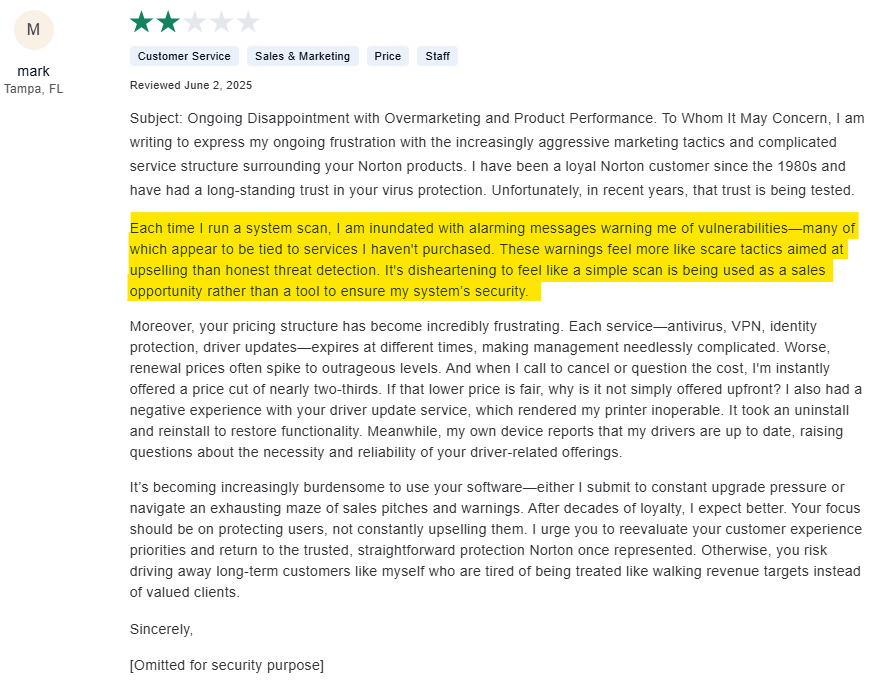
On online forums like Reddit, people report mixed experiences.
One person noted that though they think Norton provides good security, they are leaving the company due to the annoying pop-ups:
“Norton is fast and it is on par with the ‘best’. In 15 years I’ve never had an attack make it through. However, their notifications is the reason why I’m leaving. It used to be set it and forget it. The only time you ever get any popup or dialog or notification is when they prevented an attack. Nowadays, at least 5 times a day and nothing short of turning it off prevents them or tones them down.”
For others, the great security outweighs annoying marketing tactics:
“To each his own, but I, for one, like Norton. The pop-ups are annoying, but I’ve found both Utilities and AntiTrack useful, and I wouldn’t have considered them if it were not for the pop-ups. Yes, their approach to upsell is sleazy, but if you look past that, I think the actual products (not including their password manager) are good, for what it’s worth.”

Crypto miner backlash
A few years ago, Norton bundled a cryptocurrency mining tool called “Norton Crypto” with its antivirus software – and faced severe backlash for doing so.
Numerous articles and social media posts accused Norton of secretly mining on users’ computers.
However, according to The Verge, these claims were not true. Apparently, Norton stated in its FAQs that it would not mine without permission and that, in addition to having a device that meets system requirements for mining, users also needed to enable Norton Crypto on their devices.
Norton ended its crypto-mining feature after the Ethereum merge.
Security
In its privacy policy, Norton lists the security measures it has in place to protect your personal data.
These include physical safeguards (e.g., locking doors and file cabinets and controlling access to facilities), technical safeguards (e.g., encryption and intrusion detection), and organizational safeguards (e.g., security awareness training).
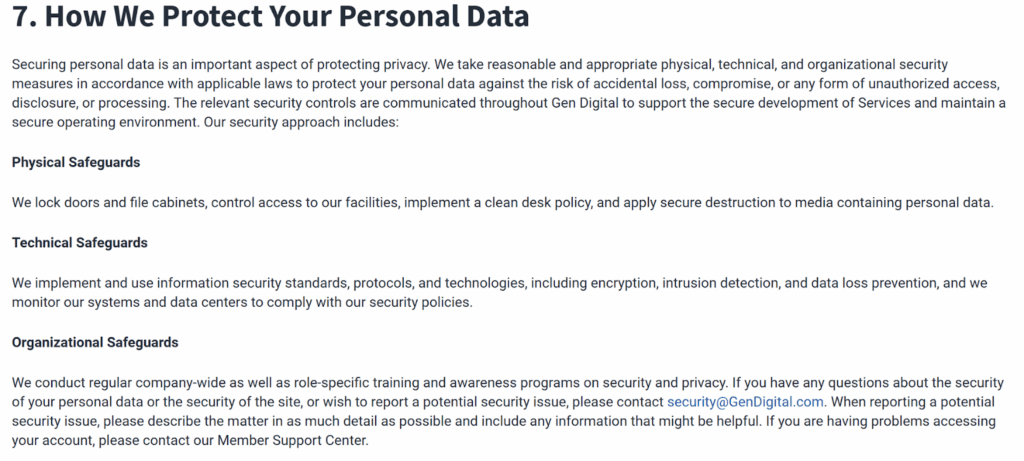
Privacy
Norton explains the kind of data it collects, why, and with whom it shares it in its privacy policy.
It collects the following information:
- User data: Account data (e.g., name, mailing address, phone number, driver’s license, date of birth), payment data, identity data (mother’s maiden name, insurance information, government identifier), communications.
- User content: Any data you share on Norton’s public forums.
- Careers: Contact information and resume, if you are applying for a job at Norton.
- Product data: Device data, service data, security data, geolocation data, and network traffic data.
- Website data: Internet or other electronic network activity information, commercial information, and inferences drawn from personal information about the web pages or products you view, etc.
- Referral information: Including data about family members you include on your account.
- Third-party data: Including data from credit reporting agencies, marketing partners, and public sources such as the dark web.
Norton collects this information for account setup, service delivery, support, billing, legal compliance, service improvement, fraud prevention, threat analysis, marketing, communications, targeted ads, promotions, and offers.
The company does not sell your personal information.
However, it may share it with partners or resellers (for joint offers or distribution), advertising partners, analytics providers, service providers, payment processors, public authorities, corporate affiliates, restoration service partners, third-party services, and in business transfers.
Norton says it will retain your data for “as long as necessary to provide you with our Services, or for as long as we have another legitimate business purpose to do so, but not longer than permitted or required by law.”
It provides specific data retention periods in its product-specific privacy policies.
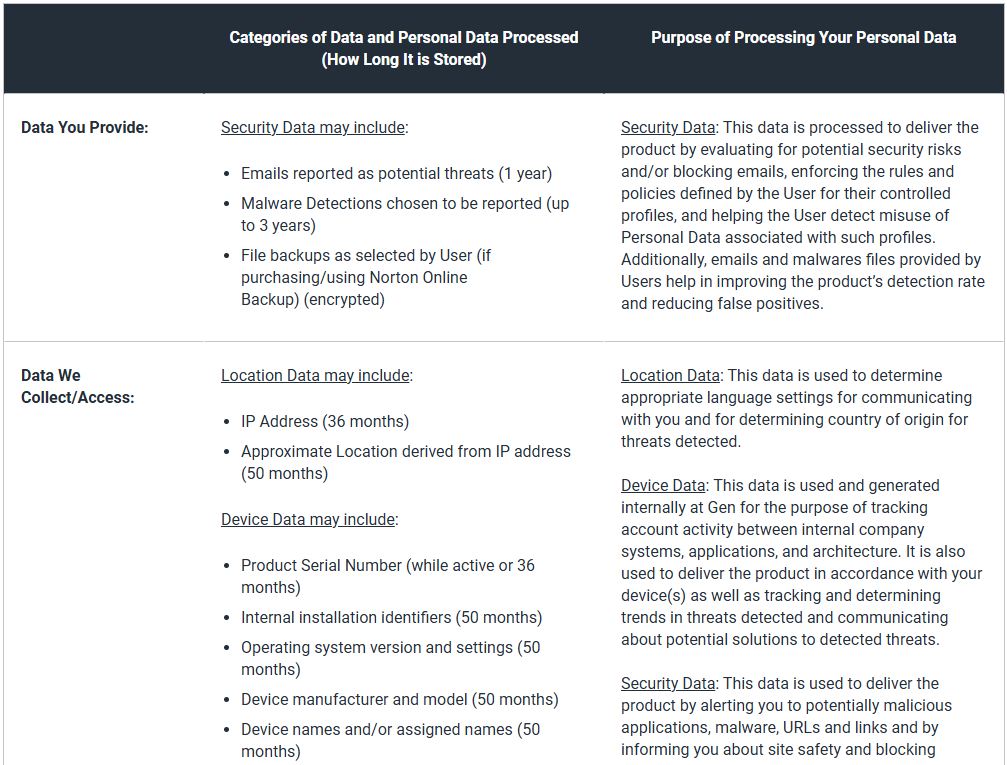
Depending on where you reside, you may be able to exercise privacy rights like the right to access or delete your personal information.
You can unsubscribe from marketing communications at any time and still receive essential service messages.
Norton respects the Global Privacy Control to opt out of tracking.
So, Should You Use Norton?
Depends on what you’re looking for in a cybersecurity product.
If you prioritize strong malware protection, then Norton is a great choice. Independent labs (AV-TEST, AV-Comparatives) consistently rank Norton as highly effective.
However, if you dislike constant upselling and pop-ups, you might want to stay away.
How to Use Norton Safely and Privately
- Install only what you need. Avoid installing optional components unless you plan to use them. During installation, select custom or manual setup to review the components that will be installed.
- Control pop-ups and notifications. To turn off marketing pop-up notifications, open Norton protection and click Settings. Then, click Administrative Settings, and in the Special Offer Notification row, slide the toggle to the Off position. To finish, click Apply in the Settings window and then click Close.
- Turn off auto-renewal. If you’re unsure about keeping Norton, turn off auto-renewal to avoid unexpected charges. You can do this by going to the My Account page, clicking the My Subscriptions tab (below the subscription you want to switch off the auto-renewal for), and clicking Cancel Subscription Renewal or Manage Removal. Beside Plan Renewal, click Unsubscribe. Choose your reason and click Next. Then, click No thanks, cancel my subscription, and Next.
- Monitor your devices post-install. After installing Norton, use Task Manager (Windows) or Activity Monitor (Mac) to check for unusual CPU usage and persistent Norton background tasks.
- Opt out of marketing. If you don’t want to receive marketing communications from Norton, click the unsubscribe link in the communications you get from them or manage your communication preferences in your Norton Account. You can also contact customer support to do the same.
- Exercise your privacy rights. Depending on where you live, you may have the right to exercise certain privacy rights, such as the right to access, rectify, restrict, and delete your data.
Our privacy advisors:
- Continuously find and remove your sensitive data online
- Stop companies from selling your data – all year long
- Have removed 35M+ records
of personal data from the web
Save 10% on any individual and
family privacy plan
with code: BLOG10
news?
Don’t have the time?
DeleteMe is our premium privacy service that removes you from more than 750 data brokers like Whitepages, Spokeo, BeenVerified, plus many more.
Save 10% on DeleteMe when you use the code BLOG10.

